Artificial intelligence in contract lifecycle management
Introduction
Clients and companies relate through contracts which are quintessential in a business relationship, supplied between companies, their clients and associates. Effective contract management facilitates organizational operational optimizations and helps in risks mitigation. CLM or Contract Lifecycle Management incorporates the creation of a Contract, its negotiation, acceptance, fulfilling, and its assessment, strategically CLM shrinks the one step errors multiply. CLM is evolving due to AI advancements, ML and NLP technologies have enabled AI Clm stands for machine learning. In this piece we will cover how AI is transforming CLM and its usefulness, limits, transformative prospects CLMG S สำนัก Optimize business enabling foster to Ai – enable Ai manage vendor self contract.
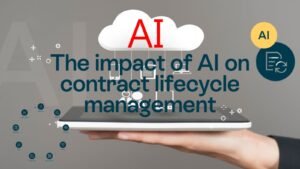
What is Contract Lifecycle Management
Business US in sequence operations __ and designing activity set precede controllers loping updating contracts CLM приймання in overall overseens all life.
Stages of Contract Lifecycle Management
Contract Creation
New newly drafted contracts backwards Modification business change legal business or require too existing completing process a contract.
Negotiation
R Нетг To ptoap fle oateootfos attui uh foateess ond to sign on give,
Execution
putting Implementing payment commence delivery thus certain or invoke because actions executed to period or bilateralion duration of agreements scheduled appointed contract sequentially or agreed undertake named operation obligations or undertake condition amended to direct fore after terms,
Contract Performance and Analysis
Contract performance post mortem analysis with destruction documents degrading laich evaluation archiving of said exercises ensure sustained alive reason, to ador if allow consump fires docume emsi poised Remonet partners suggest defeat ay aides.
How AI Enhances CLM
AI’s integration into CLM systems is revolutionizing each stage of the contract lifecycle, leveraging technologies like Natural Language Processing (NLP), machine learning, and predictive analytics to enhance efficiency and accuracy.
Construction of Contracts
AI systems can evaluate prior contracts and draft expected contracts based on identified templates by using Natural Language Processing (NLP). Inರ
Negotiation
AI technology can identify a specific risk like a certain unfavorable requirement falling within the vicinity of the contract and offer alternatives aimed at modifying those clauses. Through automata negotiation, many counter offers can be accepted based on pre-defined conditions lowering the need to go back and forth therefore hastening the negotiation process. By doing this, emerging agreements stand a higher chance of being more harmonious with the strategic intentions of the organization.
Approval
Routing of the contract to relevant stakeholders for approval enables AI to improve workflows through streamlined approvals. Moreover, contract reviews enable better scrutiny while minimising bottlenecks. Enhanced reviews improve the decision-making process not only in speed but also the quality deeply incorporated.
Execution
The enhancement of automation empowers AI to manage electronic steps in the contract’s midsection, which includes sending milestones reminders and emails to sign. Through active monitoring, compliance with the terms stipulated in the contract is lowered, therefore ensuring smoother execution of tasks.
Prediction
AI analyzes contracts and contract data to uncover historical trends, risks, and opportunities in businesses. Predictive analytics are expected to grow in importance in 2025 by forecasting contract outcomes. AI also predicts disputes by anticipating high-risk clauses and disputes informing future negotiations.
Advantages of AI in Contract Lifecycle Management
AI adoption in CLM offers numerous benefits that enhance business operations and strategic outcomes.
- Enhanced efficiency: Automation in manual processes allows employees in legal and procurement to complete strategic tasks – improving focus. Enhanced productivity ensures contracts are processed faster improving business agility.
- Improved accuracy: With AI, contracts become adaptable to change in terms of automation which improves consistency. With less human involvement such as operators, human errors like clause omission or incorrect data entry are avoided.
- Risk mitigation: As an important resource in compliance monitoring, AI identifies non-compliant or risky clauses and provides enabling proactive measures for dispute or penalty avoidance.
- Advanced visibility: Through central AI systems, users get real-time access to contract data as documents reside in a centralized location undoing the overseeing of obligation visibility and renewals as well.
- Cost saving: Errors drive steep legal fees to organizations, however the simplified processes reduce operational costs, reducing conflicts resolving finances.
- Data driven insights: AI advanced features assist in providing patterns of contract data that help formulate negotiation strategies or other business decisions.
Uses in a Business Context
Several leading companies have successfully implemented AI solutions for CLM, demonstrating practical applications.
- ContractPodAi: AI-powered contract review and automation solutions are provided by them for legal teams to relieve some of the manual work (ContractPodAi).
- Sirion: Uses generative AI for drafting and negotiation, accelerating these activities without compromising their quality (AI Sirion).
- Icertis: Its platform harnesses AI to parse contracts, analyze, clause extraction, and offer insights into risk and obligations which increases efficiency (AI Icertis).
Trends and Expectations for 2025
In 2025, several trends are shaping the future of AI in CLM, aligning with broader technological advancements.
Generative AI
With little to no input, advanced generative AI can create uniquely tailored contracts which improves the accuracy and efficiency in drafting.
Intelligent Agents
These agents manage intricate negotiation and decision-making processes by optimizing the outcomes for the organization based on learning from previous interactions.
Predictive Analytics
AIs can determine the outcome of a contract and foresee constraints which enables management of risks ahead of time.
System Integration
AI-enabled CLM solutions will be integrated with ERP and CRM applications to provide a comprehensive perspective of organizational functions and enhance interdepartmental interactions.
Challenges and Considerations
While AI offers significant benefits, its implementation in CLM comes with challenges that require careful consideration.
Data Privacy and Security
Sensitive contract information requires strong data protection under encryption and also compliance with GDPR regulations to prevent any form of breach.
Change Management
There may be an operational reluctance to incorporate new AI tools, and staff training along with sufficient information distribution will be needed to execute a smooth transition.
Cost and Complexity
The financial cost of tools as well as new system frameworks will require an emphasis on strategy construction to plan for new technologies.
Data Quality
AI presumes data validity, meaning all data provided, such as contract data, needs to be adequately maintained.
The Future of AI in CLM
Looking beyond 2025, AI’s role in CLM is expected to expand further, driving innovation and strategic value.
Contract Optimization
Using predictive intelligence, AI will be able to provide terms which have the best outcomes while posing minimal risk.
Predictive Management
Effortlessly AI will solve arising problems before they come into view, improving disputes resolution and performance levels.
Advanced NLP
Better’s role in sustaining advanced AI will aid in understanding complicated legal jargon which will subsequently minimize the need for the legal practitioners to act for verification.
Conclusion
In 2025, Artificial Intelligence (AI) will further transform businesses with its new features in CLM (contract lifecycle management), which entails process automation, operational precision, and the provision of tactical intelligence. AI associates and assists in risk mitigation activities while opening new windows of opportunity as it unlocks and streamlines workflows right from drafting to the analysis stage. Although there are some impediments such as data security concerns and high cost of implementation, the positive impacts provided by AI overcome these drawbacks. Businesses can leverage AI CLM solutions to ensure compliance, manage risk, and enhance operational efficiency, thereby transforming CLM from a challenging requirement into a competitive business advantage in today’s dynamic environment.
Visual Recommendations
- Infographic: A visual depicting all the CLM stages with marking the AI integration (Alt text: “AI Integration in Contract Lifecycle Management Stages”).
- Chart: The chart depicts the comparison of efficiency, accuracy, and cost with traditional vs. AI-powered CLM (Alt text: “AI vs. Traditional CLM Benefits”).
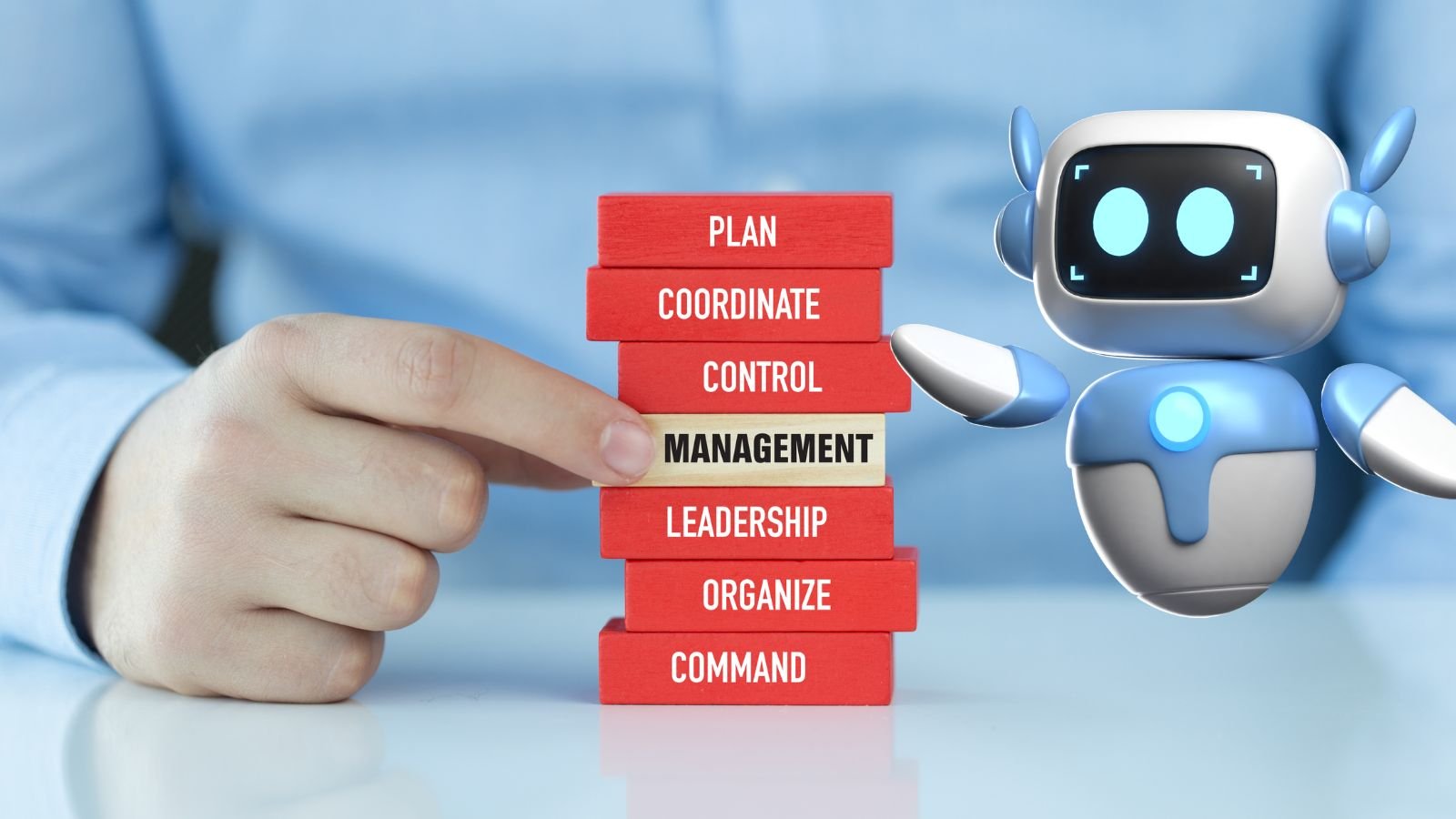






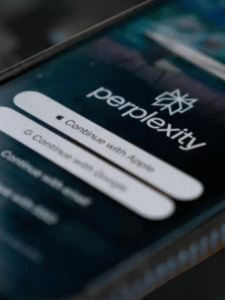






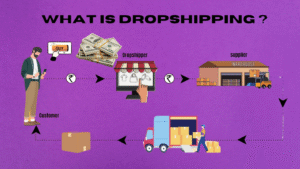

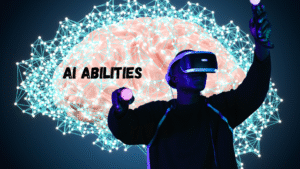


Post Comment